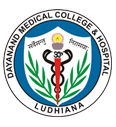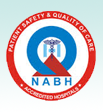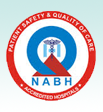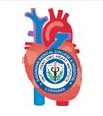TMT
Treadmill Test (TMT), is a exercise stress test used to determine how well the heart responds when it’s working its hardest. It is recommended for people who have been experiencing chest pains or other symptoms of coronary heart disease (also called coronary artery disease. During this test, the level of exercise gradually increases until the patients becomes tired or develops symptoms.
Procedure: Prior to your test, the attending doctor will perform a physical exam and ask about your complete medical history. At this point, tell your doctor about your symptoms, especially any chest pains or shortness of breath. You should also tell your doctor about any conditions or symptoms that may make exercising difficult, such as stiff joints from arthritis. Before you begin exercising, you’ll be hooked up to the EKG machine. Several sticky pads will be attached to your skin under your clothes. Your doctor or nurse will check your heart rate and breathing before you begin exercising. You’ll start off by walking slowly on a treadmill. The speed and grade of the treadmill will be increased as the test continues. If you experience any difficulties — especially, chest pains, weakness, or fatigue — you may ask to stop the test. When your doctor is satisfied with your results, you’ll be able to stop exercising. Your heart rate and breathing will continue to be monitored for a short while afterward.
What should I do before the test?
1. Avoid heavy meals for at atleast 2 hours before the test. Come in sports attire to facilitate the test.
2. Medications that slow down the heart rate, should be stopped. Please check with your doctor about this.
3. Inform your doctor if you have conditions that make exercise difficult, such as backaches. Also, exercise test should be avoided
if you have fever, viral and other accompanying acute illnesses.
TMT Helpline : 0161-2304282-87 Ext. 320








